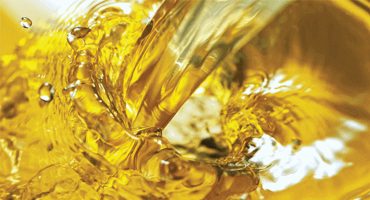Solvents play a significant role in the rubber industry, primarily in the rubber processing and manufacturing of rubber products. They are used for various purposes, and their choice depends on the specific application and the type of rubber being processed. Here are some ways solvents are used in the rubber industry:
Rubber Compounding: Solvents are used in the rubber compounding process to dissolve or disperse various additives, such as accelerators, plasticizers, antioxidants, and other chemicals. This makes it easier to mix and blend these additives uniformly into the rubber compound. For example, in the manufacture of rubber tires, solvents can help disperse the sulfur and accelerators evenly throughout the rubber mixture.
Rubber Cleaning: Solvents are used for cleaning and degreasing rubber surfaces. This is important in the rubber industry to prepare surfaces for bonding or adhering rubber to other materials. Solvents can help remove contaminants, oils, and other substances that might hinder the bonding process.
Vulcanization: Solvents are sometimes used in the vulcanization process, where rubber is treated with heat and chemicals to improve its properties. Solvents can help carry and distribute vulcanizing agents like sulfur in the rubber matrix.
Rubber Coating: In the production of rubber-coated products or in applications like rubber adhesives and sealants, solvents are used to create a workable, spreadable, or sprayable rubber coating or adhesive. They are often used to adjust the viscosity and drying characteristics of the rubber solution.
Rubber Testing: Solvents are used in various rubber testing procedures to determine properties such as hardness, elasticity, and adhesion. For example, the durometer hardness test involves using a solvent to measure the hardness of the rubber material.
Rubber Recycling: Solvents can be used in the process of recycling rubber by breaking down vulcanized rubber compounds. They can help to soften the rubber, making it more pliable for reprocessing.
It's essential to choose the appropriate solvent for each application, as different solvents have varying properties and compatibility with rubber materials. Common solvents used in the rubber industry include toluene, xylene, acetone, and naphtha. However, due to environmental and health concerns, there is a growing trend in the industry to replace some traditional solvents with safer and more eco-friendly alternatives.




